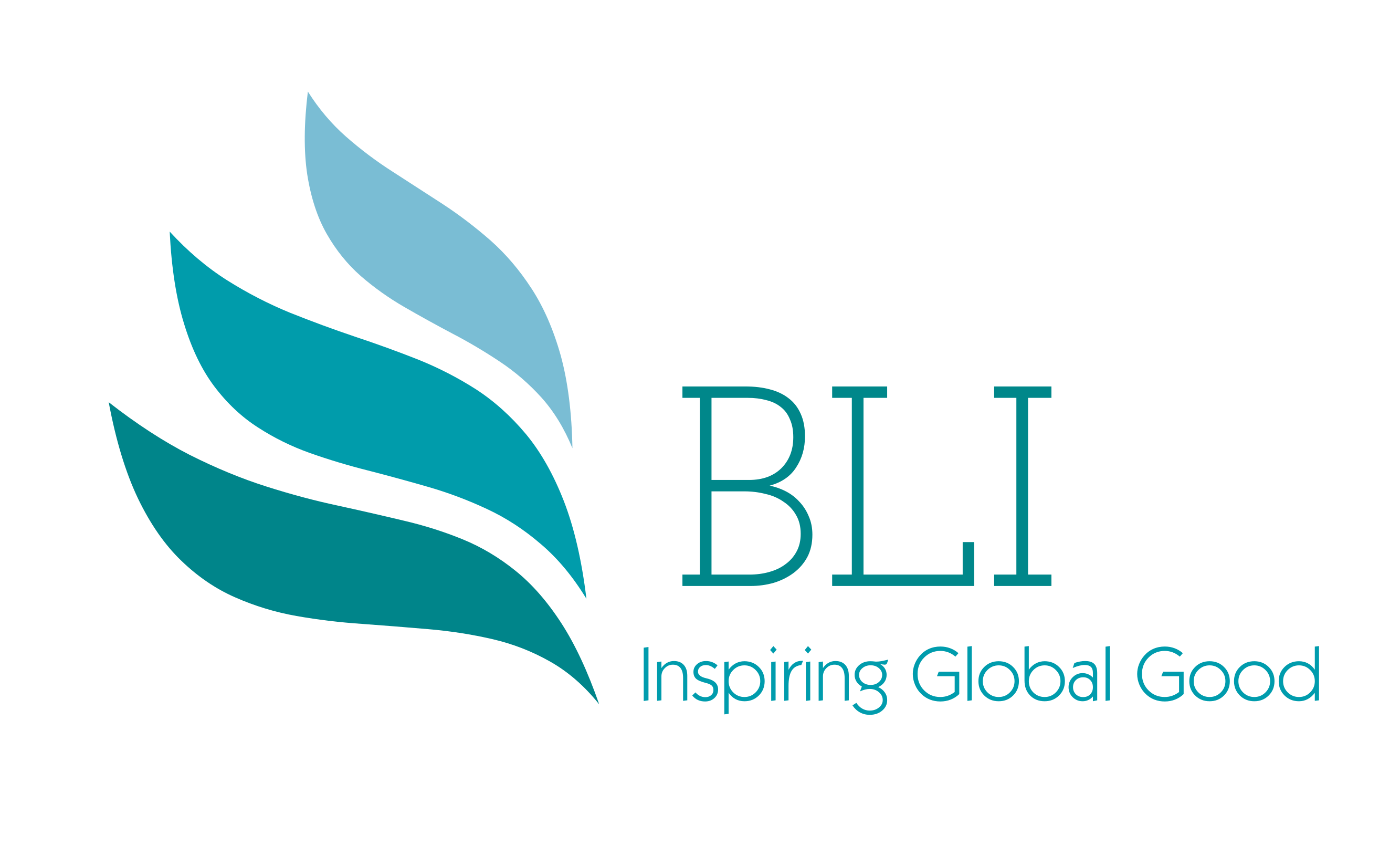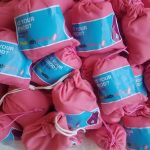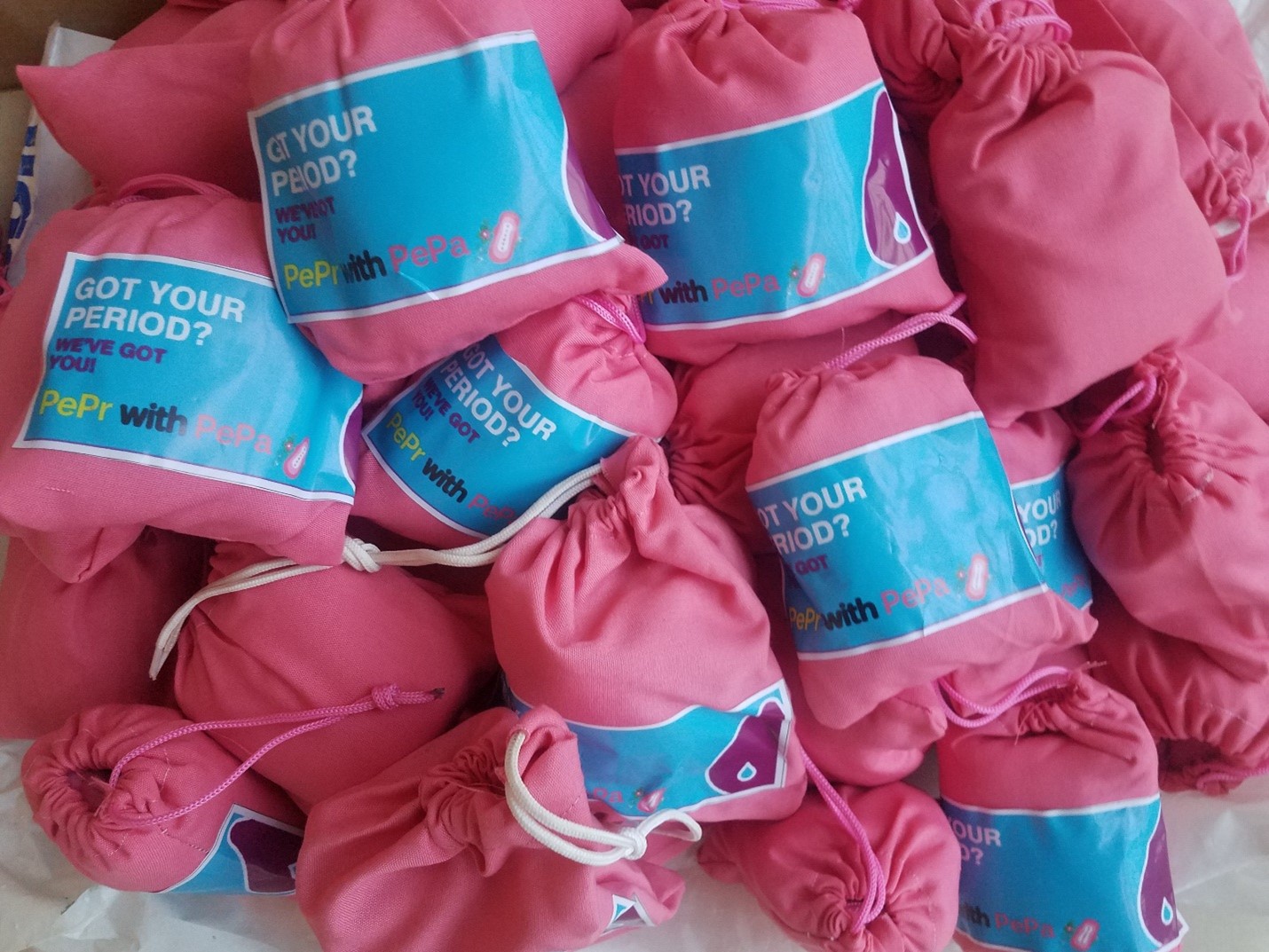
Introduction
BLI- Global Uganda team conducted a menstrual hygiene management sensitization program at Nantabulirwa Health Centre II in Goma Division, Mukono Municipality. The objective of this program was to create awareness, educate 50 teenage breast feeding mothers about menstrual hygiene management and promote their overall health and well-being.
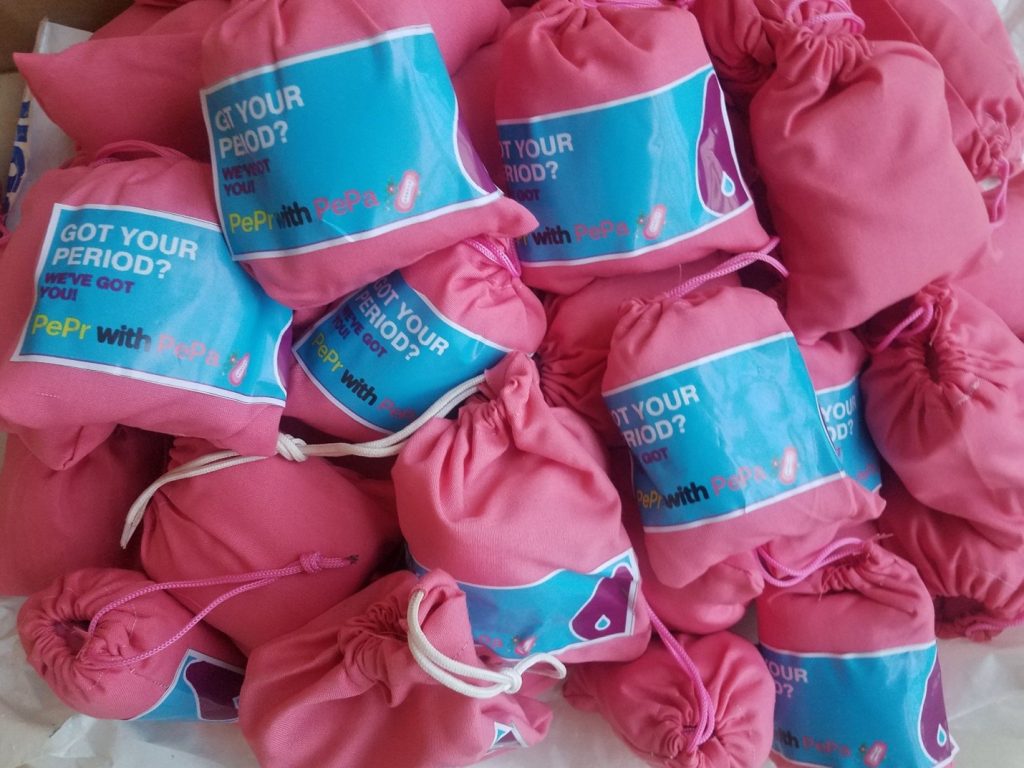
Objectives:
The main objectives of the sensitization program were:
- To educate teenage breastfeeding mothers about menstrual hygiene management practices
- To raise awareness about the importance of maintaining proper menstrual hygiene
- To dispel myths and misconceptions surrounding menstruation
- To promote access to menstrual hygiene products and adequate sanitation facilities
Participants
The sensitization program was attended by approximately 30 teenage breast feeding mothers from the local community, health workers and community leaders were also present to support and facilitate the event.
Activities
- Presentation and Discussions
BLI –Global team conducted interactive sessions on menstrual hygiene management. They discussed topics such as menstrual cycle, hygiene practices, and the importance of using clean and hygienic menstrual products.
- Demonstration of Hygiene Practices
Practical demonstrations were carried out to showcase proper menstrual hygiene practices, including hand washing, proper disposal of used sanitary products, and maintaining cleanliness during menstruation.
- Q&A Session
Participants were encouraged to ask questions and clarify any doubts they had regarding menstruation and menstrual hygiene management.
- Community Engagement
Community leaders played a vital role in endorsing and supporting the sensitization program. Their presence and active participation helped to foster a positive attitude towards menstrual hygiene management within the community.
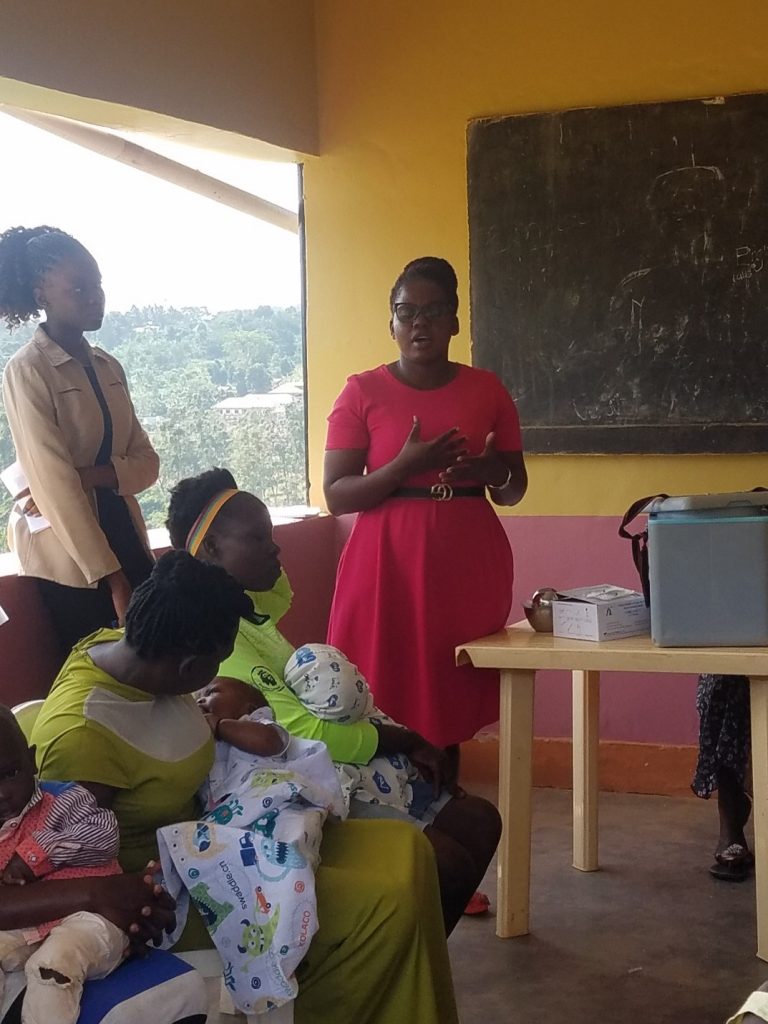
Impact and Outcomes
- The sensitization program successfully increased awareness about menstrual hygiene management among teenage mothers in the community.
- Participants gained knowledge about the importance of proper hygiene practices, debunking prevalent myths and misconceptions.
- Improved Access to Menstrual Hygiene Products.
- The distribution of menstrual hygiene products addressed the issue of limited access faced by teenage mothers, ensuring they had the necessary supplies to manage their menstrual hygiene effectively.
- The program contributed to positive behavior change with participants adopting healthier menstrual hygiene practices, such as regular hand washing, proper disposal of sanitary products, and maintaining personal cleanliness during menstruation.
Challenges faced
- Teenage mothers face stigma and shame surrounding their status as young parents which made it difficult for them to openly discuss or seek information about menstrual hygiene.
- They feared being judged or ridiculed which prevented them from fully participating in the program.
- Limited resources like facilitation, sanitary products, facilities and camera to capture enough pictures to enable the team carry out the program effectively.
- Language barrier between the participants and BLI team whereby we needed to use luganda the local language in the area which was a bit difficult to explain in some topics.
- Teenage mothers required emotional needs and additional support beyond menstrual hygiene education which we could not provide at the time.
- Seeking consent to take pictures as they think we use their pictures to get money from foreign people.
Recommendations.
- It is crucial to ensure the sustainability of the sensitization program by organizing regular follow-up sessions.
- Strengthening partnerships with other organizations and community leaders will help sustain the momentum and expand the reach of menstrual hygiene management sensitization efforts.
- Continued efforts should be made to improve access to affordable and hygienic menstrual hygiene products, particularly for vulnerable individuals like teenage mothers girls with disabilities.
- Collaborating with local organizations, schools, or healthcare providers to address resource limitations like sanitation facilities
Conclusion
The menstrual hygiene management sensitization program conducted at Nantabulirwa Health Centre II in Goma Division, Mukono Municipality, was successful in raising awareness and educating teenage breast feeding mothers about proper menstrual hygiene practices. By dispelling myths, improving access to menstrual hygiene products, and promoting behavior change, the program has contributed to enhancing the overall well-being of the community. Continued efforts and collaborations are recommended to sustain and expand such initiatives for long-term impact.
